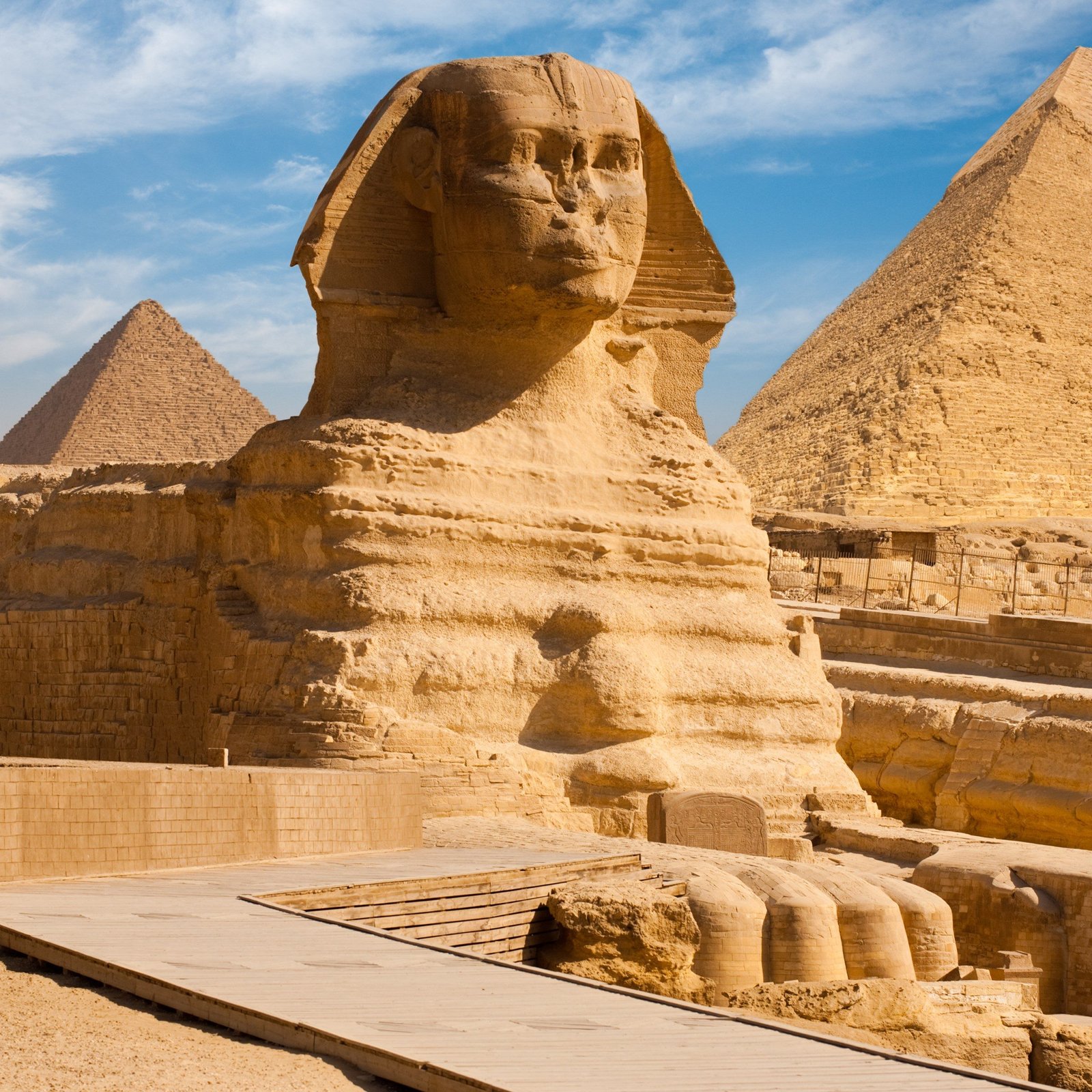The service sector—including retail sales, tourism, and government services—is one of the largest in the economy. The government alone is one of the biggest employers in the country, and government contracts help fuel other sectors of Egypt’s still heavily socialized economy. Despite privatization and fiscal austerity measures in the late 20th century, construction projects, particularly major public-works projects, have been an important source of employment and a major source of national spending. Tourism has traditionally been an important source of foreign exchange, with millions visiting Egypt each year, mostly from Europe, Asia, and other Arab countries. Warm winters, beaches, and gambling casinos draw as many tourists as do Egypt’s ancient monuments. Although the number of tourists per year and the amount they spend in Egypt rose in the 1990s and the first decade of the 21st century, security problems have at times hurt the industry. The 1997 massacre of dozens of tourists at the temple of Hatshepsut in Luxor caused visitor numbers to dip briefly. A steeper and longer-lasting drop in tourism followed the uprising that overthrew Pres. Hosni Mubarak in 2011 but began recovering rapidly in 2018.


Comment (0)